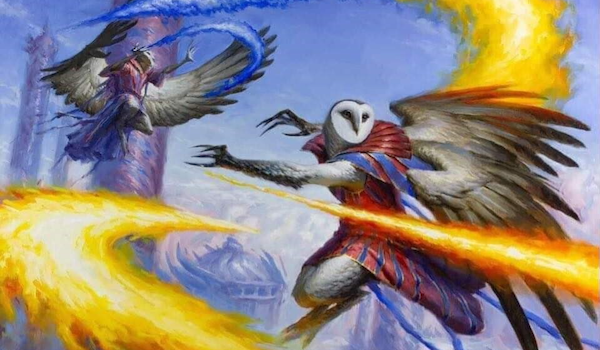Are you a Quiet Speculation member?
If not, now is a perfect time to join up! Our powerful tools, breaking-news analysis, and exclusive Discord channel will make sure you stay up to date and ahead of the curve.
I found trading card games at a young age and immediately developed a love for buying, exchanging, and collecting them. In today's article, I'll unveil some of the life lessons I learned over years of picking up and exploring different TCGs.
Baseball Cards in the 90s
Like many my age, I grew up collecting baseball cards. Ironically, I wasn't a huge fan of watching the games on TV, but I did enjoy watching games live. I think many of us just shared a love of collecting things. Baseball cards were small, easily transportable, and relatively inexpensive. Even as a child, I found that one could support their hobby by buying in bulk and reselling. In my case, that looked like buying a box of cards from my local Big Lots and selling individual packs to people at a slight profit. This lesson allowed me to build up a decently sized collection with my meager weekly allowance.
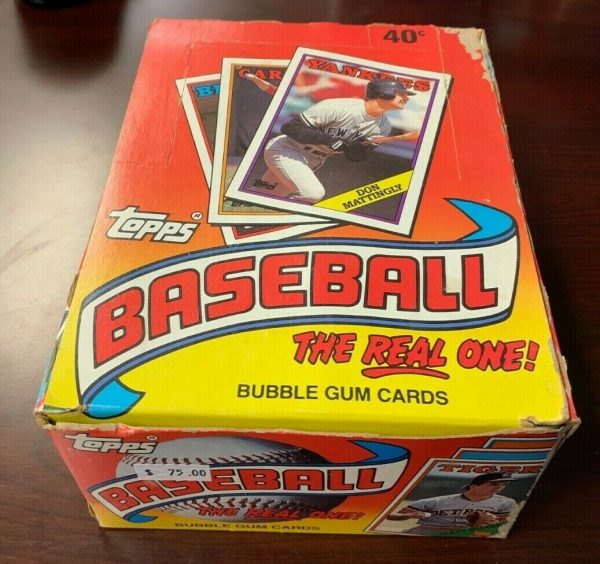
Lesson learned: find a way to make your hobby pay for itself.
The next lesson I learned was regarding the importance of trading. When I was young, the internet didn't exist. Your trading sphere was limited to those you spent time with, typically at school. Unlike many baseball card collectors, I had no desire to collect full sets. I focused on collecting the cards of the best players: Frank Thomas, Ken Griffey Jr, John Smoltz, Greg Maddux, Tom Glavine, etc. In the early 1990s, the most valuable cards for any given player was their rookie card, so I tried to get those when I could.
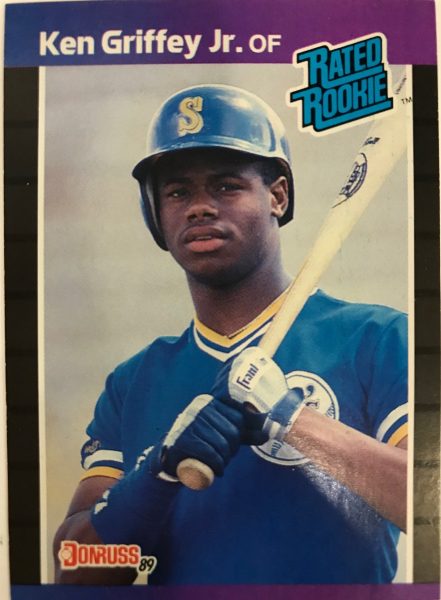
Lesson learned: the best cards hold value longer than any others.
Years ago, card prices were determined by companies contacting stores and compiling their card prices into a magazine such as Beckett Price Guide. These prices were technically dated, as the magazines came out monthly and thus reflected information from the previous month. However, many stores used that price guide to determine their own prices, creating a chicken-and-egg conundrum.
These magazines typically cost $3-4 each, which isn't a lot of money to most adults. But when your income is limited, choosing between a magazine or another pack of cards usually meant using old magazine prices when trading. Thankfully, my trades were always with fellow kids, so there wasn't a big risk of being ripped off. My biggest "loss" was not buying a Frank Thomas rookie card that was missing his name on the front because I felt bad that it was priced higher at my local hobby store than my Beckett said it should be, only to see its price skyrocket a few months afterwards.
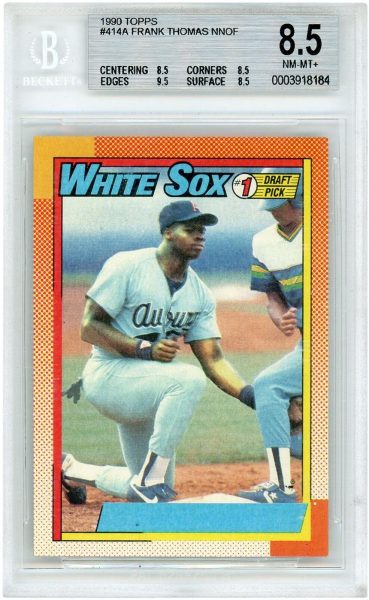
Lesson learned: never turn down a smart buy because you didn't get it at its cheapest price.
Lessons from the Early Days of Magic
When I first got into Magic in 1997, the internet did exist, but websites were far more primitive, smart phones were a thing of the future, and metagames were still very localized. I traded in my Becketts for Scrye and Inquest magazines for pricing. These magazines gathered pricing the same way Becketts did, and so were never truly up to date.
However, while there wasn't much available on the internet for Magic, there was a site called TheDojo where people posted deck lists along with "tournament reports" of their FNM experiences. I would religiously read the posts on this site and even printed many of them out and read them while riding the bus to and from school. I focused on decks whose players did well, and especially with those with similar successful decklists. I would then trade for cards from these decks, assuming they were better than other cards.
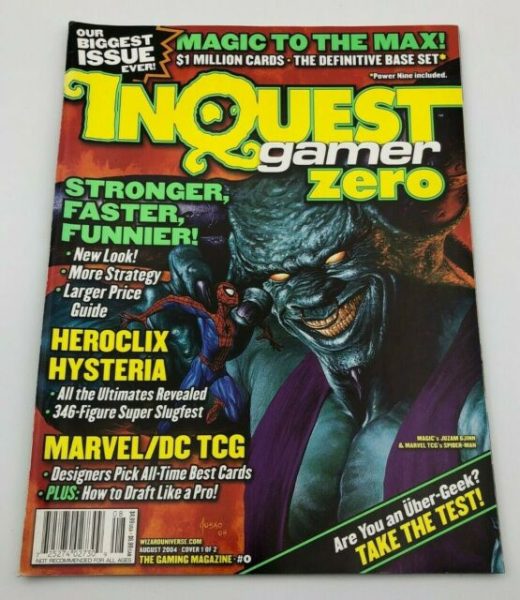
Lesson learned: staying ahead of the curve will save make you money in the long run.
I fell in love with a deck called RecSur which used Recurring Nightmare and Survival of the Fittest as a toolbox deck that could combo off with [card]Great Whale[card] to gain infinite life, draw the whole deck, destroy all enemy lands, and do infinite damage.
In my 12 year old mind, it was the epitome of deck perfection, because it could do everything. Unfortunately, the key cards in the deck were expensive, often $10+ each. I was only playing casually with a few friends at the time, so I simply waited until Exodus block rotated out of Type 2 (what is now called Standard). I then picked up all the cards in the deck after they lost value by trading newer cards that people needed for FNM.
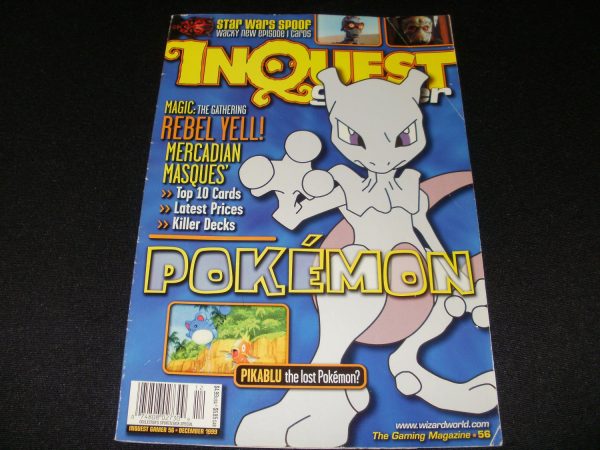
Lesson learned: maximize time-based value in trades as much as possible.
The original Pokemon TCG came out in 1999. My brother and I loved playing the original game on the Nintendo Game Boy, so we both sort of stopped playing Magic and focused on Pokemon for the year. While this actually worked out well thanks to many of those cards holding their values, we unfortunately continued this trend with other games like Dragonball Z, The Lord of the Rings, and Star Wars.
None of those games proved to be as enjoyable to us as Magic, so we eventually shifted back. However, we wasted a fair amount of our money on those games and thus missed out on picking up more Magic cards back when they were cheaper.
Lesson learned: try new games out for awhile before buying into them.
Never Stop Collecting
I hope you enjoyed this stroll down memory lane. I imagine a fair number of you may not have the same reference points, but I feel the lessons I learned from TCG collecting are timeless, and I hope that they help you moving forward.
Please feel free to comment below or reach out to me on our QS discord server if you want to chat about any of these ideas or my bit of personal history tied to them. And tune in next time for a look at my post-college experience collecting TCGs!


